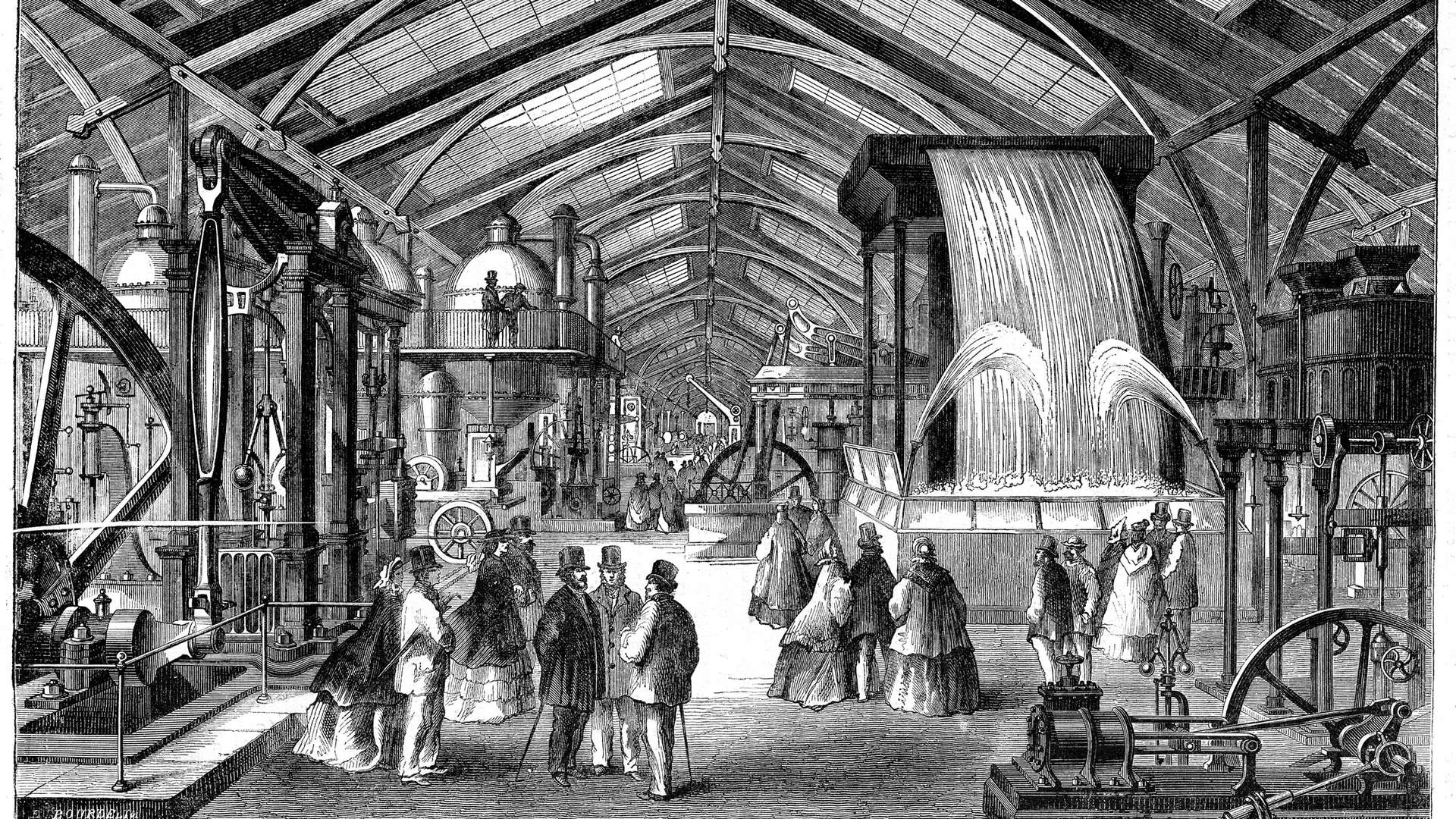How the true meaning of innovation allows companies to excel
Understanding the role of innovation in the history of business can help companies achieve success. We identify the purpose and definition of innovation.

Director of Marketing Communications

Over the last few years, the word “innovation” has become a lauded buzzword for the business sector, serving as an intangible benchmark by which companies and organisations can measure themselves against each other. But what does this word really mean?
Understanding the role of innovation in the history of business can help modern companies excel. To do this, it’s first important to identify the purpose and definition behind innovation and to then learn how innovative companies have achieved this lofty goal.
Defining Innovation
According to the Atlantic, innovation started as an insult rather than a compliment. In medieval Europe, people associated innovation with newness and change, which they considered to be heretical. The word ‘innovate’ came about as a legal term that involved changing the conditions or details of a contract — people saw it as duplicitous, or at least insincere.
As the popularity of the word innovation has since waxed and waned, its meaning has changed too. During the Industrial Revolution, many advanced organisations used this word to describe new technologies available on the market. Then, between the 1950s and the 1980s, the definition of innovation transformed yet again to describe new technologies applied in the research, testing, manufacturing, shipping, marketing, and delivering aspects of the product and process supply chain.

Since the 1980s, innovation has remained a popular way for businesses to describe their achievements. Today, innovation is no longer limited to large pharmaceutical companies extending their reach into new product categories, but to all types of companies exploring new business models. As a result, innovation is taking place at a rate that was previously unthinkable.
When looking to innovate, it’s essential that business owners understand the direction their business is heading in. Innovation that is misguided, not based on research, or for the sake of innovation itself, may not be in the interests of the business at all. If a business describes everything it creates as innovative, it risks inuring the public to the word. Innovation itself loses all meaning when it’s used to refer to the act of creation, or invention. A better strategy involves using the word innovation to describe the combination of inventions into products, processes or services that will attract customers and generate value for businesses and their users.

Scott Berkun, a thought leader in creativity and leadership, defines innovation as “significant positive change.” Berkun laments the fact that many people use the word incorrectly or apply it without context, but he concedes that it has a valuable purpose. He simply urges business leaders to use it only when it’s warranted.
A significant positive change could have many connotations, and every business must decide for itself what passes for innovative advancement. Berkun cautions that the word should be used as a result rather than as an action. Businesses invent new products and systems (the action), some of which prove themselves as innovative (the result).
Here at CPI, we like to talk about innovation as “the art, science or process of converting existing inventions and ideas into practical products or services that create value and can be used in everyday life.”
We believe that innovation connects the dots between inventions. Spotting potential for improvement, it cleverly fills a gap in the market and combines inventions into products that will attract customers and generate commercial success.
Pursuing Innovation
Innovation comes in many flavours, shapes, and sizes. Some companies achieve innovation through the creative use of resources while others find it through trying (and failing) at something until they get it right. Whatever the case, innovation serves as the result of an important process.
Businesses can pursue innovation by constantly challenging what they know. If you accept every fact you hear as true, you have no reason to question it. True innovators consistently buck common trends and take new approaches to universal problems. Additionally, innovation takes time. It sometimes results from years or even decades of effort on the parts of numerous partners and contributors. No innovator achieves quick results from their efforts. Instead, they focus on the big picture and continuously work toward the future they envision.
For CPI, innovation is an intensely collaborative activity. We work with many SMEs, universities and large companies, acting as a trusted partner to encourage the pursuit of innovative activities which will lead to a competitive advantage for the UK. Innovation offers a way to measure and compare the success of a business. However, in a rapidly changing global economy, companies must decide for themselves what passes for innovative advancement without misusing it. True innovators consistently buck common trends and take new approaches to universal problems. At CPI, we work with our partners to ensure we focus on the big picture and continuously work towards their vision of the future.
Enjoyed this article? Keep reading more expert insights...
CPI ensures that great inventions gets the best opportunity to become a successfully marketed product or process. We provide industry-relevant expertise and assets, supporting proof of concept and scale up services for the development of your innovative products and processes.